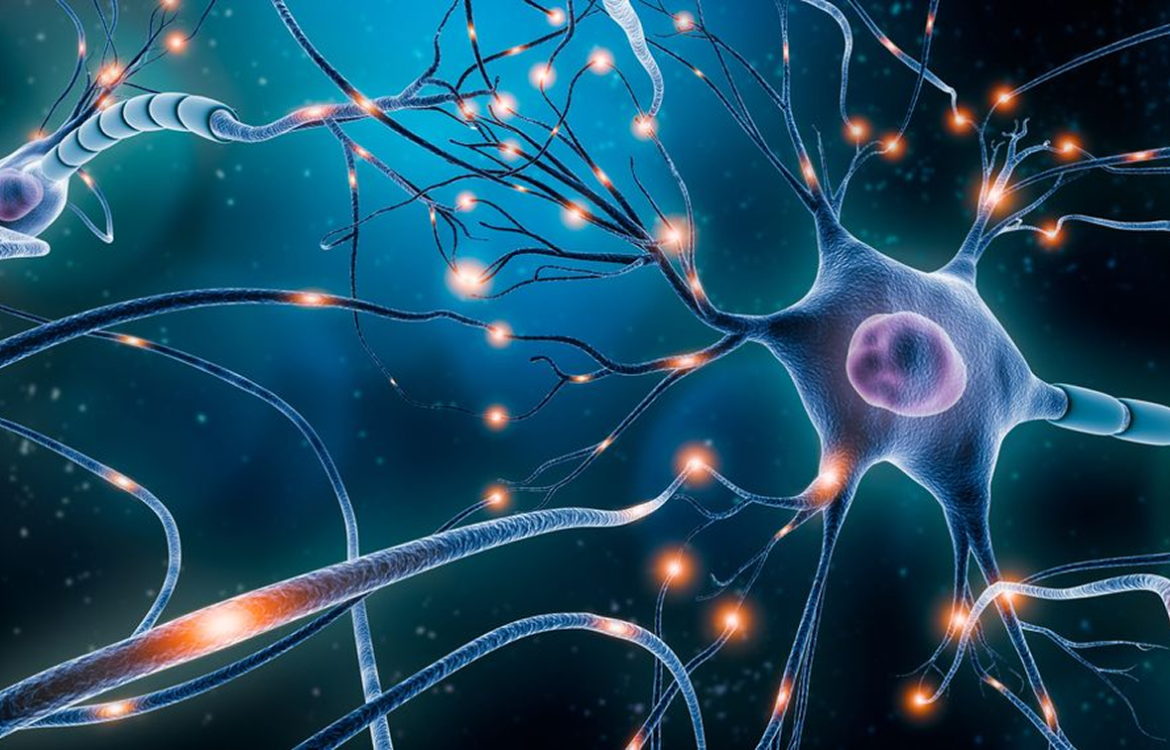For decades, the brain was thought to be a static organ, set in its ways after childhood. However, advances in neuroscience have revolutionised this view, revealing that the brain is remarkably adaptable throughout life — a phenomenon known as neuroplasticity. In the UK, where an ageing population and growing interest in mental wellbeing dominate public discourse, understanding neuroplasticity offers hope and practical guidance for anyone wanting to sharpen their mind, learn new skills, or recover from injury, regardless of age.
Advertising
What Is Neuroplasticity?
Neuroplasticity refers to the brain’s ability to reorganise itself by forming new neural connections throughout life. This adaptability allows the brain to compensate for injury, adapt to new learning, and even recover from trauma. It underpins how we acquire new skills, form memories, and respond to environmental changes.
There are two main types of neuroplasticity:
-
Structural plasticity: Changes in the physical structure of the brain, such as the growth of new neurons or synapses.
-
Functional plasticity: The brain’s ability to shift functions from damaged areas to healthy regions.
Neuroplasticity Across the Lifespan
Contrary to old beliefs, neuroplasticity does not cease in childhood or early adulthood. While it may be more robust during early years, adults and older adults also retain significant capacity for brain change. Research from UK institutions like University College London and Oxford University supports that engaging the brain in stimulating activities encourages plasticity well into later life.
How Can You “Train” Your Brain?
The idea of “training” the brain is appealing, but what does it involve? Neuroplasticity responds to repeated, challenging experiences that push the brain beyond its comfort zone. Here are some effective ways to encourage brain plasticity:
1. Lifelong Learning
Whether it’s mastering a new language, musical instrument, or hobby, continuous learning creates new neural pathways. For example, many UK adults enrol in evening classes or online courses through platforms like The Open University or FutureLearn to stimulate their minds.
2. Physical Exercise
Regular aerobic exercise increases blood flow to the brain, promotes the growth of new neurons (neurogenesis), and enhances cognitive function. Activities like walking, cycling, and swimming are popular across the UK and support brain health.
3. Mindfulness and Meditation
Practices that improve attention and reduce stress have been shown to increase grey matter density in areas related to memory and emotional regulation. Mindfulness courses and apps such as Headspace have gained popularity in the UK, promoting mental resilience.
4. Social Engagement
Meaningful social interactions stimulate cognitive function and emotional health. Joining community groups, volunteering, or participating in clubs can strengthen neural networks.
5. Challenging Cognitive Tasks
Puzzles, strategy games, reading, and problem-solving tasks push the brain to adapt and grow. UK libraries and community centres often host clubs for chess, Scrabble, or book discussions that foster such mental challenges.

